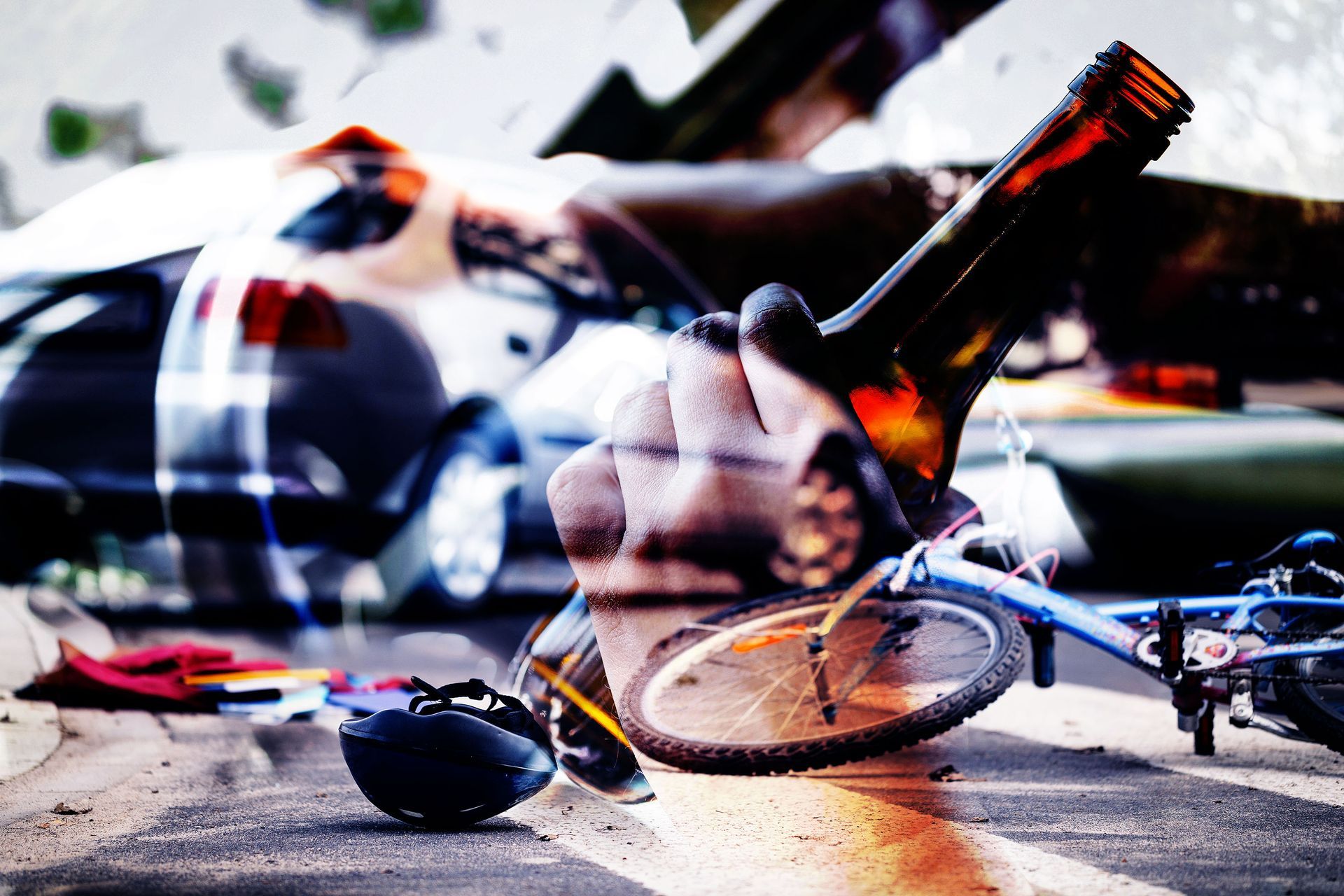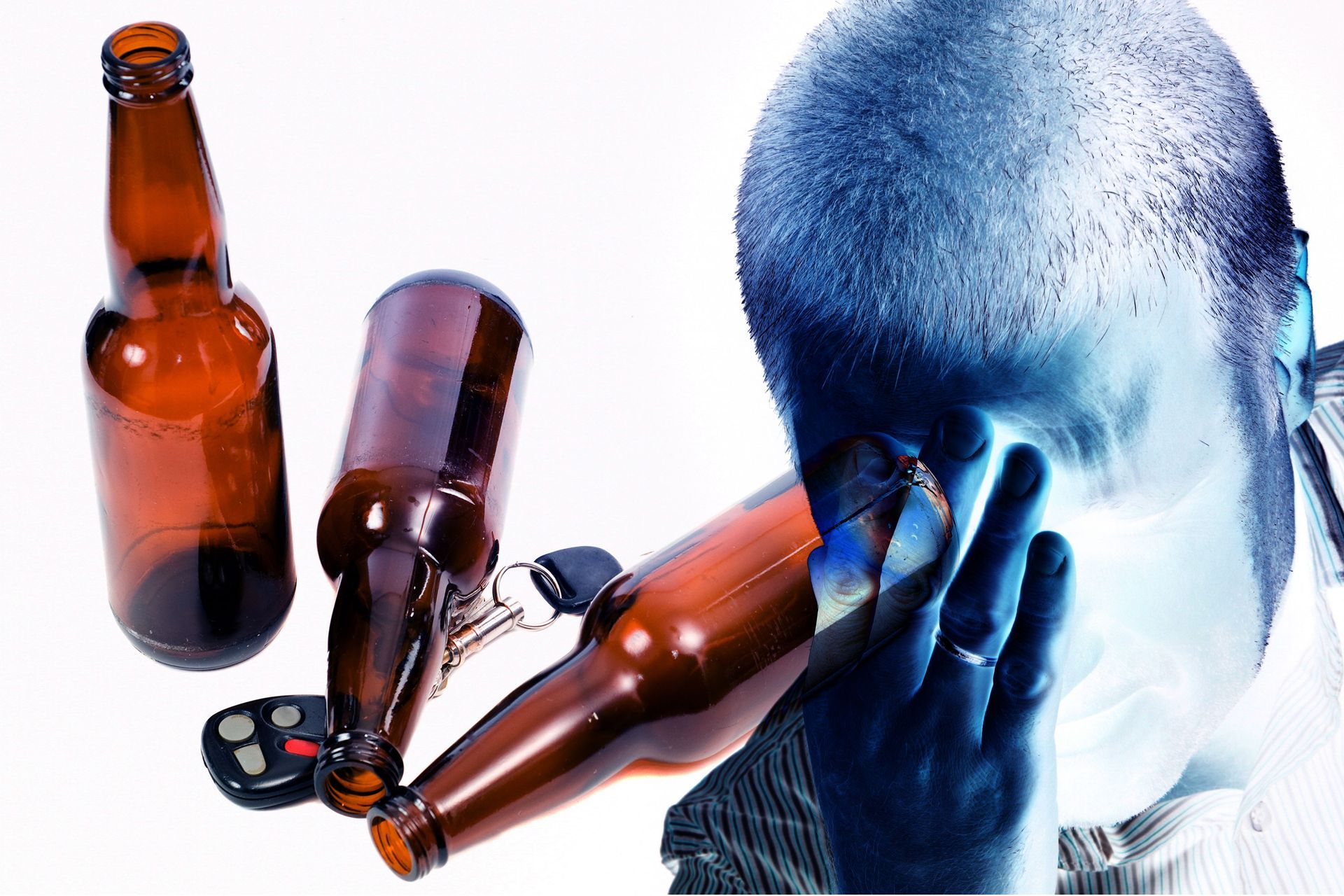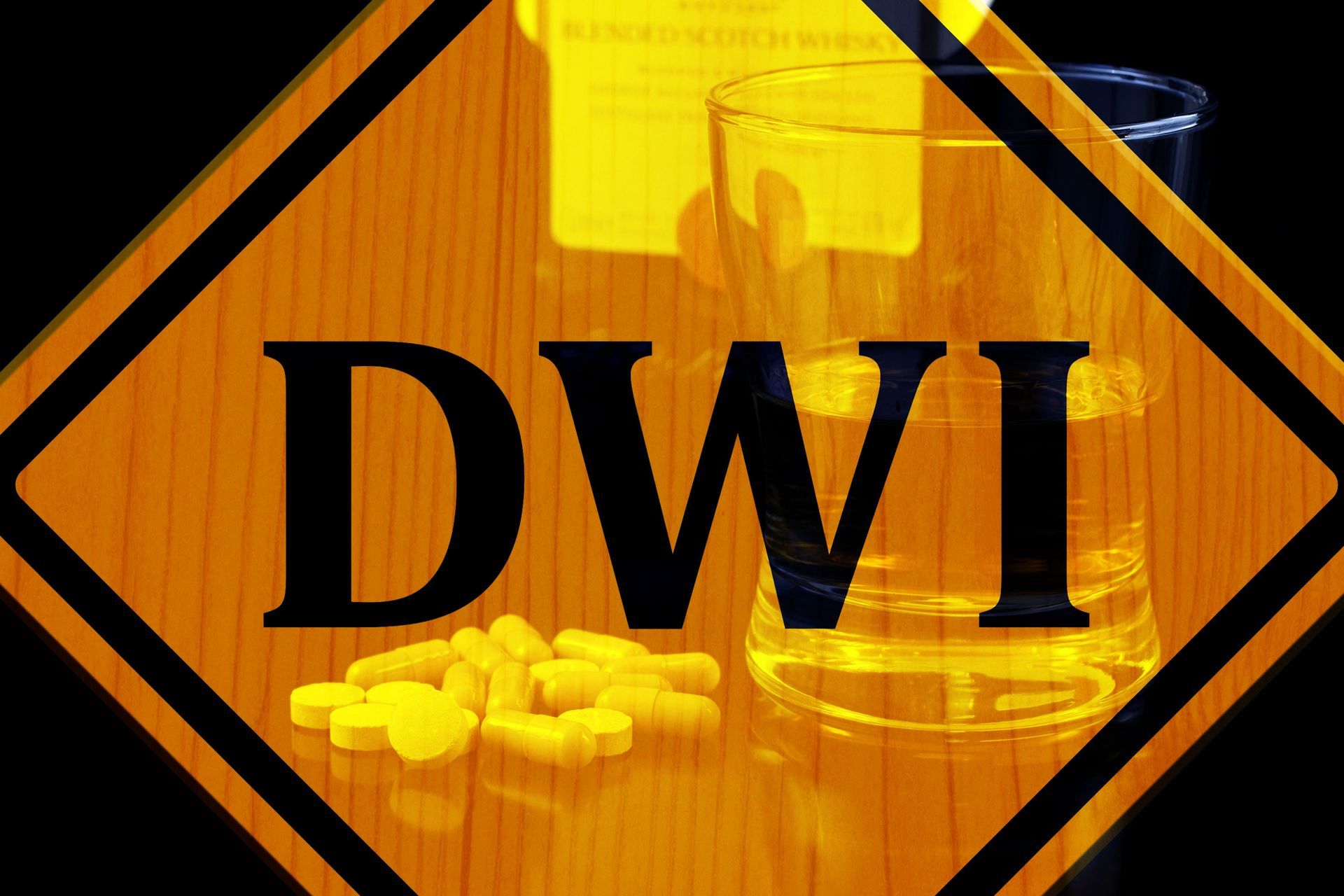LOOKING FOR A DWI Accident LAWYER TO REPRESENT YOU?
DUI ACCIDENT LAWYER : DWI INJURY ATTORNEY
UNDERSTANDING DWI ACCIDENT CLAIMS: HOW LEGAL REPRESENTATION CAN MAKE A DIFFERENCE
If the driver who caused your injury or the wrongful death of your loved one was arrested and charged with DUI/DWI, it is important to understand that the driver’s arrest will not automatically get you the compensation that is your right when you’ve suffered damages in a drunk driving accident. You may only pursue a monetary recovery for your damages in a civil court action, which is entirely separate and unrelated to the criminal matter and best achieved with the help of our experienced DUI accident / DWI Injury lawyers.
Having your life drastically changed by a catastrophic injury or the death of a loved one, through no fault of your own, because someone chose to behave irresponsibly, has probably left you overcome with anger and grief. Although nothing can undo the damage that you’re suffering, holding the wrongdoer accountable can be a step toward emotional healing, and the money you recover can help you pick up the pieces and move on with your life, however altered.
An experienced DWI lawyer at Gordon & Elias LLP can help you navigate the complexities of the legal system and ensure that your rights are protected.

FREE DWI / DUI Accident Case CONSULTATION
Take advantage of the free case review by an experienced personal injury attorney at Gordon & Elias, LLP to learn what options are available to help you win a monetary recovery for a DWI injury or death. We have extensive experience handling DWI / DUI injury cases in the US.
We will give you the attention you deserve. Call for an appointment today. We have an office in Houston as well as a Rio Grande Valley office in Edinburg, Texas.
NO UPFRONT FEES
After a serious accident involving a drunk driver do not wait to contact a DWI injury Attorney. A knowledgeable DUI accident lawyer from Gordon & Elias, LLP will review your case and explain your rights for free.
Most personal injury lawyers handle cases including serious DWI accidents, on a contingent fee bases. Our consultation is free, but a percentage on the amount recovered, usually 33.33%, will be taken as our DWI injury lawyer's fee.
Contact Gordon & Elias, LLP today to learn how we can help you recover the compensation you deserve. We handle all the costs of investigating and pursuing your claim, and you only pay us if we recover money for you.
- We will gather key documentation such as police reports, witness accounts, and medical records to bolster your case and ensure it is well-supported.
- Our team will conduct an in-depth review of your accident, carefully analyzing the specifics to develop a robust case that clearly demonstrates the scope of your injuries and losses.
- Our experienced DWI attorneys will stand up for your rights, representing you in negotiations and court proceedings to ensure your voice is heard and your best interests are protected.
- We will manage all interactions with insurance companies on your behalf, working diligently to secure a settlement that accurately reflects the full extent of your damages.
- We’ll provide clear advice about your legal rights and available options, ensuring you are informed about every potential outcome and decision throughout the process.
Do not immediately accept an insurance settlement if an insurance company contacts you.
We strongly advise you to first speak with a personal injury lawyer who is knowledgeable with serious DWI / DUI accidents.
Call us at (800) 773-6770 to discuss the details of your accident and injury claim right away.
We can provide trustworthy legal advice and guide you through the rest of the steps toward obtaining fair and full financial compensation.
We understand the anger and frustration you’re feeling, and we recognize the many financial and emotional difficulties that often plague victims of serious drunk driving accidents. We are committed to justice for the wrongfully injured and bereaved and will fight tirelessly to achieve it for every one of our clients.
DIFFERENCES BETWEEN DUI AND DWI ACROSS THE US
DWI (Driving While Intoxicated) and DUI (Driving Under the Influence) are terms used to describe impaired driving offenses across the United States. However, the specific definitions and usage of these terms vary by state. Not all U.S. states differentiate between DWI and DUI in the same way, and some states may use only one term to refer to impaired driving offenses.
- DWI (Driving While Intoxicated) typically refers to driving with a blood alcohol concentration (BAC) over the legal limit, which is generally 0.08% or higher. DWI can also involve impairment due to drugs (prescription, illegal, or over-the-counter).
- DUI (Driving Under the Influence) is often a broader term used for any level of impairment by alcohol, drugs, or other substances, sometimes even below the legal BAC limit. It may also be used to describe offenses involving minors or situations where any detectable alcohol or drug level is considered illegal.
- Other Terms: Some states use terms like OUI (Operating Under the Influence), OWI (Operating While Intoxicated), or OMVI (Operating a Motor Vehicle while Intoxicated) to describe the same types of offenses.
State-by-State Differences
Not all U.S. states use both
DWI and
DUI categories. Some states use
only one term (often
DUI) to describe all forms of impaired driving, while others use multiple terms to reflect different types or degrees of impairment. Whether a state distinguishes between DWI and DUI depends on its laws and statutes.
National Highway Traffic Safety Administration (NHTSA)
provides comprehensive information on impaired driving laws, including the use of DUI and DWI terms across states.
DUI-Only States
These states use DUI (Driving Under the Influence) as the sole term for impaired driving offenses, regardless of whether the impairment is due to alcohol or drugs:
- Alabama
- Alaska
- Arizona
- Arkansas
- California
- Colorado
- Florida
- Hawaii
- Idaho
- Illinois
- Indiana
- Kansas
- Kentucky
- Louisiana
- Massachusetts
- Montana
- Nebraska
- Nevada
- New Hampshire
- New Jersey
- North Dakota
- Ohio
- Oklahoma
- Oregon
- Pennsylvania
- Rhode Island
- South Dakota
- Utah
- Vermont
- Virginia
- Washington
- West Virginia
- Wyoming
DWI-Only States
These states use DWI (Driving While Intoxicated) as the sole term for impaired driving offenses:
- Missouri
- North Carolina
- New York uses both DWI and DWAI (driving while ability impaired)
States That Use Both DUI and DWI
These states distinguish between DUI and DWI, typically differentiating between levels of impairment or other factors (e.g., age or substance type):
- Connecticut
- Delaware
- Iowa
- Maine
- Maryland
- Minnesota
- Mississippi
- New Mexico
- South Carolina
- Texas
Impairment Thresholds
- The legal BAC limit for adults is 0.08% across all states, although some states have lower limits for certain drivers, such as commercial vehicle operators (typically 0.04%) and minors (often 0.02% or lower under "zero tolerance" laws).
- For drug-related offenses, the exact definition of impairment can vary. Some states have explicit thresholds for drugs like marijuana, while others rely on subjective assessments of impairment.
Legal Penalties and Consequences
- Penalties for DWI and DUI offenses vary significantly from state to state. Typically, first-time offenses result in fines, mandatory education programs, and possible license suspensions. Repeat offenses can lead to harsher penalties such as longer jail time, increased fines, and extended or permanent loss of driving privileges.
- Some states have enhanced penalties for offenses involving very high BAC levels (e.g., 0.15% or higher) or if a minor was present in the vehicle during the offense.
Uniformity in Federal Law
Federal laws and funding initiatives, such as those from the
National Highway Traffic Safety Administration (NHTSA), have pushed states to maintain consistent BAC limits and driving standards (i.e., 0.08% for adults). However, states retain control over how they categorize and punish impaired driving offenses, leading to variations in terms and penalties.

LIABILITY IN U.S. DRUNK DRIVING ACCIDENT CASES WHO CAN BE HELD ACCOUNTABLE?
In a U.S. drunk driving accident, multiple parties can potentially be held liable depending on the circumstances. Liability typically falls on the intoxicated driver, but other parties may also bear responsibility.
The Drunk Driver
- Primary Liability: The driver who was under the influence of alcohol or drugs is almost always held liable for injuries caused by their impaired driving. This can lead to criminal charges (DUI/DWI) and civil lawsuits for compensation.
- Negligence: The driver’s intoxication and violation of traffic laws, such as driving with a BAC over the legal limit, are considered negligent behavior, making them responsible for damages such as medical expenses, lost wages, pain and suffering, and property damage.
The Driver’s Employer
- Vicarious Liability: If the drunk driver was acting within the scope of their employment (e.g., a commercial truck driver), the employer could be held liable under vicarious liability. This legal doctrine holds employers responsible for the actions of their employees if those actions occur during work-related duties.
- Negligent Hiring or Supervision: If the employer knowingly hired a person with a history of drunk driving or failed to properly supervise an employee with alcohol-related issues, the employer could be held liable under the theory of negligent hiring or negligent supervision.
Alcohol Vendors (Dram Shop Laws)
- Bars, Restaurants, and Alcohol Providers: Under dram shop laws, businesses that serve alcohol to a visibly intoxicated person or to a minor can be held liable if that person causes an accident. Dram shop laws vary by state, but they are designed to hold alcohol providers accountable for serving individuals who are clearly impaired.
- Commercial and Social Hosts: Some states also have social host liability laws, which allow victims to sue individuals who host parties or events where alcohol was served to minors or visibly intoxicated individuals who later caused harm in a drunk driving accident.
Vehicle Owners
- Negligent Entrustment: If the vehicle’s owner knew, or should have known, that the driver was unfit to operate the vehicle due to intoxication, they can be held liable under the theory of negligent entrustment. This often occurs when someone lends their car to a person who is intoxicated or has a history of DUI offenses.
Third-Party Drivers
- Shared Liability: In some cases, other drivers involved in the accident may also share responsibility. For instance, if another driver contributed to the accident by speeding or breaking traffic laws, they may be partially liable under comparative negligence laws.
Government Entities
- Negligent Road Design or Maintenance: While rare, a government entity could potentially be held liable if poor road design or maintenance contributed to the accident. This might include failing to place warning signs near dangerous intersections or not maintaining clear road markings that could prevent accidents.
Liability in a Drunk Driving Accident: State-Specific Variations
- State laws: Liability rules, especially regarding dram shop and social host laws, vary significantly by state. Some states allow broad liability for alcohol providers, while others limit or do not recognize dram shop claims.
- No-Fault States: In no-fault states (e.g., Florida, Michigan), victims may need to seek compensation from their own insurance providers before filing lawsuits against a drunk driver.
You deserve an award of an amount of money that will give you the best chance to recover some semblance of a normal life, with whatever medical procedures that may become necessary and adequate living expenses for you and your family when you can’t work. Your compensation should not only cover your economic costs, but should also reflect the emotional anguish and damage to your quality of life from health problems, disfigurement, and inability to do the things that you once enjoyed.
The attorney you select to represent you should have years of experience working with burn victims and obtaining full and fair compensation for clients.
HOLDING RESPONSIBLE PARTIES ACCOUNTABLE: YOUR PATH TO RECOVERY
At Gordon & Elias, LLP, we understand the profound impact a DWI or DUI accident can have on your life or the life of a loved one. With a commitment to seeking justice for those who have been wronged, our experienced DWI attorneys are dedicated to guiding you through this difficult time. We work tirelessly to hold the responsible parties accountable, ensuring that you receive the compensation necessary to rebuild your life. When you choose Gordon & Elias, LLP, you’re choosing a team that will stand by your side, offering compassionate support and expert legal representation every step of the way. Let us help you move forward with confidence, knowing that your case is in capable hands.

Texas Drunk Driving Law
In Texas, DWI (Driving While Intoxicated) is the primary charge related to impaired driving, with DUI (Driving Under the Influence) reserved specifically for minors. Both offenses carry serious consequences, but they differ in terms of applicability and penalties.
DWI (Driving While Intoxicated)
- Definition: In Texas, a DWI is charged when a person is operating a vehicle while intoxicated. Intoxication is defined by:
- Having a blood alcohol concentration (BAC) of 0.08% or higher.
- Lacking the normal use of mental or physical faculties due to alcohol, drugs, or other substances.
- Applicability: DWI applies to adults (age 21 and older).
- Penalties: The penalties for DWI in Texas can include fines, jail time, license suspension, and mandatory alcohol education classes. For first-time offenders, penalties may include up to 180 days in jail and fines up to $2,000, with more severe penalties for repeat offenders. A conviction can also result in an extended loss of driving privileges and increased insurance rates.
DUI (Driving Under the Influence) for Minors
- Definition: In Texas, a DUI is a charge that applies to minors (individuals under 21 years of age) who are caught driving with any detectable amount of alcohol in their system. Texas has a "zero tolerance" policy for underage drivers, meaning even the slightest presence of alcohol can lead to a DUI charge.
- Applicability: DUI is specific to minors and does not require proof of intoxication or impairment—simply the detection of alcohol is sufficient.
- Penalties: DUI penalties for minors typically include fines, community service, alcohol education programs, and possible license suspension. These penalties are less severe than those for DWI, but a minor with a BAC of 0.08% or higher could face a DWI charge, which carries much harsher penalties.
In Texas,
DWI penalties are generally more severe
due to the higher level of impairment and greater risk posed by drunk driving, particularly for adult drivers. Texas takes a strict approach to impaired driving, with severe consequences for both minors and adults who choose to drink and drive.
We have a reputation of bringing respect, professionalism and a personal touch to every injury claim we accept.
Every state limits the amount of time you have to file a claim.
Don't Delay.
Contact the Attorneys at Gordon & Elias, LLP Today to preserve your right to a recovery.
Contact Us
We will get back to you as soon as possible.
Please try again later.
100% FREE CASE EVALUATION
Free Consultation • No Fee If No Recovery



